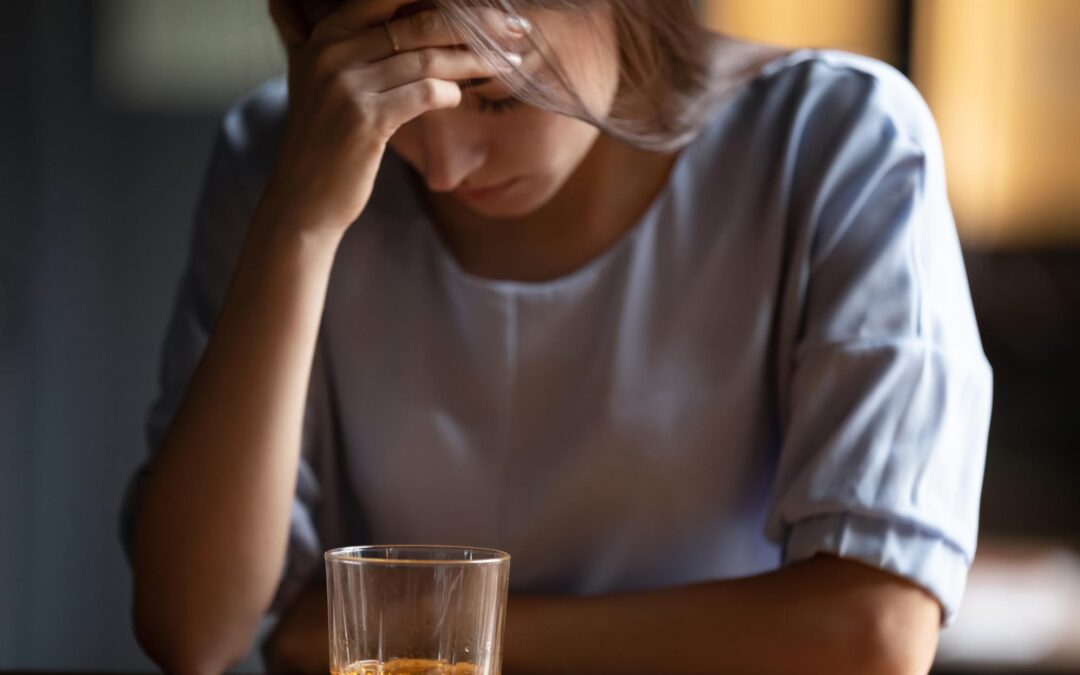Is My Holiday Drinking a Real Problem? A Guide to the Warning Signs
Understanding Holiday Drinking and Its Challenges
The holiday season brings a unique relationship with alcohol that differs from our typical year-round patterns. Holiday Drinking– From office parties and family gatherings to New Year’s celebrations, seasonal alcohol consumption becomes woven into nearly every festive occasion. These social contexts naturally encourage drinking—the champagne toast at midnight, the eggnog at your neighbor’s open house, the cocktails flowing at corporate events.
What makes holiday drinking habits particularly complex is how easily problematic behavior can hide behind the sparkle of celebration. When everyone around you is raising a glass, it feels normal to keep pace. The festive atmosphere creates a kind of permission structure where excessive drinking seems acceptable, even expected. You might find yourself drinking more frequently, starting earlier in the day, or consuming larger quantities than usual—all while telling yourself “it’s just the holidays.”
This time of year also brings heightened vulnerability. The social pressure to drink intensifies as declining a drink can feel like rejecting the spirit of celebration itself. Add in the stress of family dynamics, financial strain from gift-giving, loneliness for those separated from loved ones, or grief for those who’ve lost someone—the holidays become a perfect storm where alcohol offers a temporary escape from uncomfortable emotions. The twinkling lights and cheerful music can mask what’s really happening with holiday drinking and your relationship to alcohol.
Recognizing the Warning Signs of Problematic Holiday Drinking
Awareness is the first step toward understanding your relationship with alcohol during the holiday season. Certain signs of alcohol addiction and problematic drinking behaviors deserve your attention, even when they appear in the midst of celebration.
Behavioral Holiday Drinking Warning Signs
Behavioral warning signs often show up in how you think about and plan around drinking:
- Feeling anxious or preoccupied about whether there will be enough alcohol at an event
- Losing track of how much you’ve consumed or struggling to stop once you start
- Making excuses to drink earlier in the day or sneaking extra drinks when others aren’t watching
- Becoming irritable or defensive when someone comments on your drinking
Physical Holiday Drinking Indicators
Physical indicators can be equally telling:
- Experiencing blackouts where you can’t remember parts of the evening
- Passing out from drinking or needing help getting home
- Waking up with severe hangovers that interfere with your responsibilities
- Noticing you need more alcohol than before to feel the same effects
Risky Holiday Drinking Behaviors
Risky behaviors that accompany drinking represent serious alcohol dependency indicators:
- Driving after drinking or getting into cars with intoxicated drivers
- Engaging in arguments or conflicts you wouldn’t normally have
- Making impulsive decisions that put your safety or relationships at risk
Recognizing these patterns doesn’t automatically mean you have an alcohol use disorder. What matters is acknowledging when your drinking creates consequences that concern you or those who care about you.
The Impact of Holiday Drinking on Mental Health and Well-being
The relationship between alcohol and emotional well-being becomes particularly complex during the holidays. While many people reach for a drink to ease social anxiety or lift their spirits, alcohol actually acts as a depressant on the central nervous system. This means that the mental health effects of alcohol can intensify feelings you’re already experiencing, creating a cycle that’s difficult to break.
If you’re already managing anxiety, the temporary relief alcohol provides often gives way to heightened nervousness, racing thoughts, or panic in the hours and days that follow. Depression can deepen as alcohol disrupts sleep patterns and brain chemistry, leaving you feeling more isolated and hopeless than before.
Holiday Drinking– holiday stress and drinking connection becomes especially pronounced when you’re using alcohol to cope with:
- Family tensions that resurface during gatherings
- Financial pressure from gift-giving and travel expenses
- Grief and loss that feels more acute during celebratory seasons
- Comparison and inadequacy triggered by social media and family expectations
For those navigating burnout or significant life transitions—a career change, relationship ending, or identity shift—problematic drinking adds another layer of complexity. Alcohol can numb the discomfort temporarily, but it prevents you from processing these experiences in healthy ways. The emotional well-being and substance use connection means that instead of moving through difficult feelings, you’re postponing them while simultaneously making your mental state more fragile.

Taking Steps Towards Healthier Holiday Drinking Habits
If you’ve noticed some of the warning signs in your own behavior, taking a moment for honest self-assessment for alcoholism can be the most caring thing you do for yourself this season. This doesn’t require judgment or harsh criticism—just a willingness to look at your relationship with alcohol with curiosity and compassion.
Start with these practical steps to reduce drinking:
- Track your consumption by keeping a simple log on your phone or journal. Note when you drink, how much, and what circumstances surrounded it. Patterns often become clearer when written down.
- Set specific limits before attending events—perhaps two drinks maximum, or deciding to alternate alcoholic beverages with water or sparkling drinks throughout the evening.
- Plan your transportation in advance so you’re never in a position where you feel you “have to” drive after drinking.
- Identify your triggers by noticing which situations, emotions, or people make you want to drink more than you intended.
- Create an exit strategy for parties or gatherings where you feel pressure to drink beyond your comfort level.
Seeking help for alcohol use doesn’t mean waiting until things feel completely out of control. Many people benefit from professional support while they’re still in the early stages of recognizing a pattern they’d like to change. The holidays can actually be an ideal time to begin this journey, as the heightened awareness of your drinking habits provides valuable information about what needs attention.
Getting Support from Insight Recovery Mental Health During the Holidays
Recognizing that your holiday drinking needs attention is a courageous first step, and you don’t have to navigate this journey alone. At Insight Recovery Mental Health, we understand that alcohol concerns exist on a spectrum, and our personalized addiction treatment meets you exactly where you are—whether you’re questioning your relationship with alcohol for the first time or seeking structured support for ongoing challenges.
Our Winchester-based practice offers evidence-based therapy for alcoholism through multiple pathways designed to fit your unique needs:
- Individual therapy sessions: provide a confidential space to explore the underlying emotions and patterns driving your drinking behaviors
- Group therapy: connects you with others facing similar struggles, reducing isolation and building accountability
- Cognitive Behavioral Therapy (CBT): helps you identify and change thought patterns that contribute to problematic drinking
- Relapse prevention strategies: equip you with practical tools to maintain healthier habits long after the decorations come down
The holidays may bring these concerns into sharper focus, but our compassionate mental health care extends far beyond December. We provide year-round support through continued therapy sessions, aftercare planning, and alumni groups that foster lasting recovery. Our licensed professionals understand that healing doesn’t follow a calendar—it unfolds at your own pace, with consistent guidance available whenever you need it. Whether you’re calling us in November or reaching out in March, the same dedicated team stands ready to support your path toward wellness.
Reach Out for Support: Taking Control of Your Holiday Drinking with Insight Recovery Mental Health
At Insight Recovery Mental Hehttps://insightrecoverytc.com/contact-us/alth, we provide confidential, judgment-free addiction treatment in Massachusetts through our Winchester rehab center, proudly serving the entire North Shore community.
Our licensed mental health professionals understand the unique pressures the holidays bring. When you schedule a consultation with Insight Recovery Mental Health, you’ll connect with therapists who genuinely care about your well-being and are trained to address substance use disorders with empathy and clinical expertise.
You don’t need to have all the answers right now. A simple phone call to (855) 709-8352 can be the first step toward understanding your patterns and creating a healthier recovery path—not just for the holidays, but for lasting wellness throughout the year.






